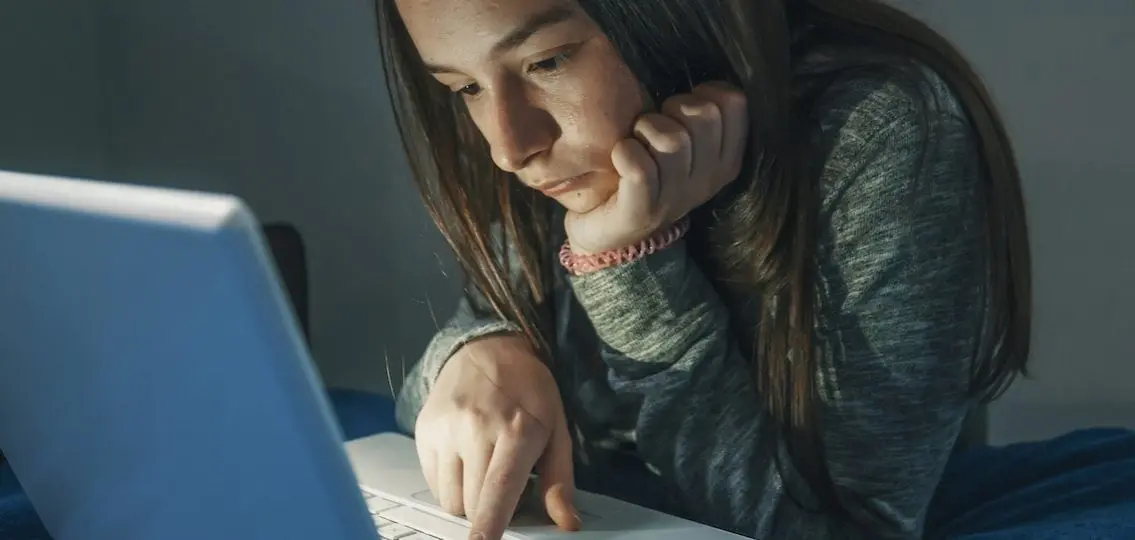Social media has been getting a bad rap these days. And I get it. The news is alarming. Cyberbullying that leads to suicide. Violent crimes being live-streamed on Facebook. The headlines surrounding social media are nothing short of horrific. The poor decisions that people make online (the “don’ts”) get lots of attention, but what about the do’s of social media? Not so much.

We don’t see headlines about all the good that comes from social media. The teen who used social to rally around a classmate who was being bullied. The 7-year-old refugee tweeting about living in East Aleppo. The celebrity who paid for a year of film school for a survivor of the Orlando nightclub shooting. When we talk to kids about social media, we tend to emphasize all the ways they can get into trouble and the things we don’t want them to do. What if we tell them about the positives instead? Instead of scaring our kids about all the pitfalls of social media, we can focus on coaching them to use it for good.
Teens can use their devices for good. The list is long: strengthen their reputation, encourage and inspire others, seize collegiate and career opportunities, start movements, support causes, send a message to support someone who is being bullied.
Their devices are their voices.
For them, being social and using social media is the same thing. And it’s a game they can win or lose. Let’s help them win.
When we use the power of our devices for good, we call it winning the game of social. As a former Duke field hockey player, I have experienced first-hand the power of working together as a team to win. Winning this game starts at home.
One of the most popular tools families use to win the game of social is a technology contract. At The Social Institute, we researched over 50 contracts. We found that nearly all of them began “I will not …” Plus, the parents did not sign the contract. Only the teen signed.
Because our focus is on what students should do on social, instead of what they shouldn’t do, we wrote the first tech contract based on high standards, not rules, that everyone on your “home team” agrees to live by.
Parents, you are your child’s most important role model. They see how often you’re on your phone, how much you post to Instagram, how frustrated you get when someone shares an opinion that you disagree with on Facebook, whether you set your phone on the dinner table, and if you check it while driving. The Social Family Standards Agreement we developed is meant to help everyone on your home team win the game of social. Here are three standards we recommend:
Benefits of Social Media: Three Actions for Good.
1. Use your mic for good
Everything you post or share on social media — even texts, and even the “disappearing” content on platforms like Snapchat — can be seen by anyone. Social media is like an ongoing press conference after a big game, and you’ve been handed the mic. Your friends and followers (your team) — and potentially the world — are your audience. Use it to do good.
2. Play to your core
Share whatever it is you like to do on social media. Can you dance like Michael Jackson? Swim like Michael Phelps? Can you make miniature super heroes out of recycled soda cans? Great. Share it on social media. Be YOU.
3. Cyberback others
Encourage everyone to combat cyberbullying. Remember this: When you see someone being put down, back them up with kind words, an encouraging heart emoji, a real-life high-five. Shut down bullies by building up the bullied.
This is just a taste of what I believe social media education should look like at home and in schools. We risk depriving our children and students of the skills they need to navigate one of the greatest influencers on their social development when we focus on rules that start with “don’t.”

So when you talk to teens and pre-teens about the do’s of social media, remember: Equip them with the do’s instead of focusing solely on the don’ts. Give them a chance to win the game of social.



